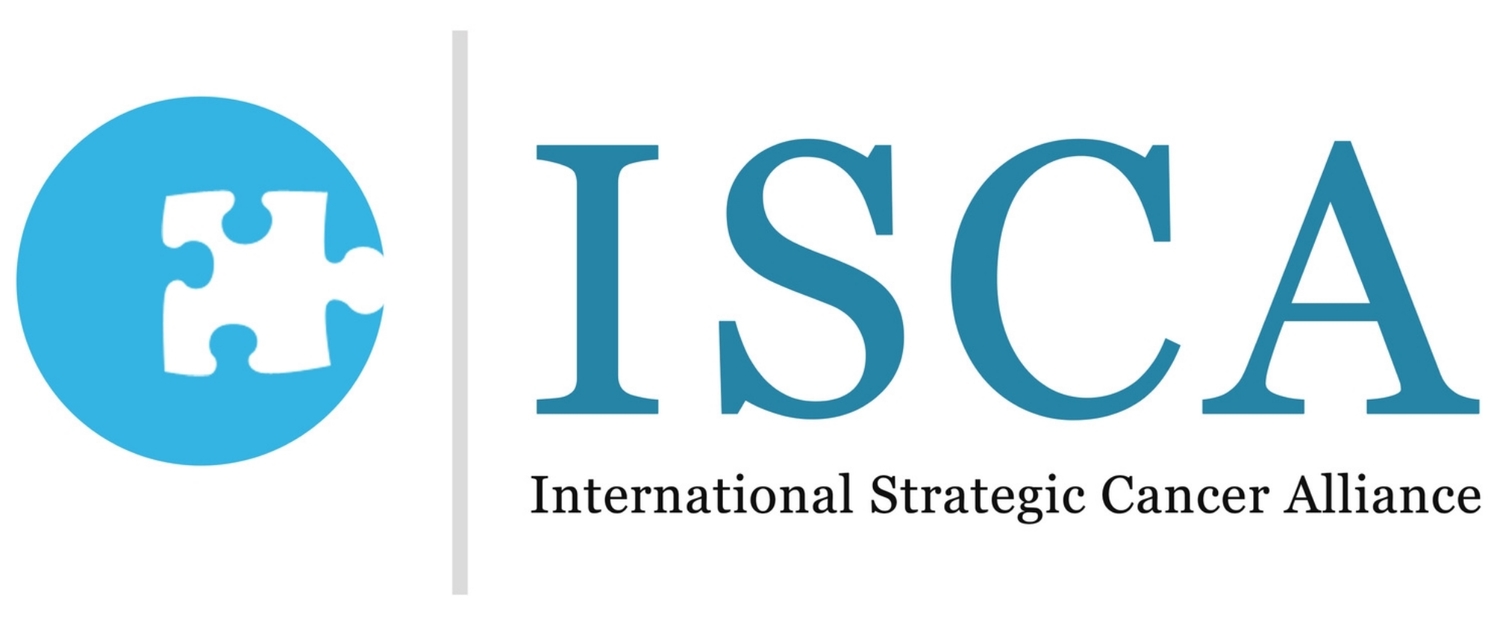An article published in the Fall, 2008 issue of the Journal of Economic Perspectives concludes that improved behavior and increased screening among Americans are major contributors to the 13 percent decline in cancer mortality from 1990 to 2004 recently announced by the National Cancer Institute. In a study that is the first to evaluate the reasons for the decline, David Cutler of Harvard University examined data for breast, colorectal, lung and prostate cancer, and uncovered three factors leading to improved cancer survival. The most important of these is cancer screening, such as mammography and colonoscopy, which can detect cancer at an early, treatable stage. Second in importance is improved personal behavior, including a reduction in smoking. Dr Cutler ranks improved treatments, including surgery, chemotherapy and radiation as third in importance, and notes that their contribution comes at a high cost. "Drugs that are quite expensive have been shown to extend life by only a few months among patients with metastatic cancer, which raises questions about the relative value of such costly treatments," Dr Cutler stated. "In contrast, while screening can be expensive, increased screening has led to significantly longer life expectancy for those diagnosed early with colorectal or breast cancer."
"We typically think of the war on cancer as developing a new cure," Dr Cutler remarked. "An equally important question is figuring out how we can take what we know and make it work for more people. We should think about the war as not just developing the next weapon, but using what we have in a smarter way. A health care system working for cancer would prevent people from getting it, catch it early, and then treat people accordingly. If our healthcare system was focused in this way, there could be a huge benefit."

